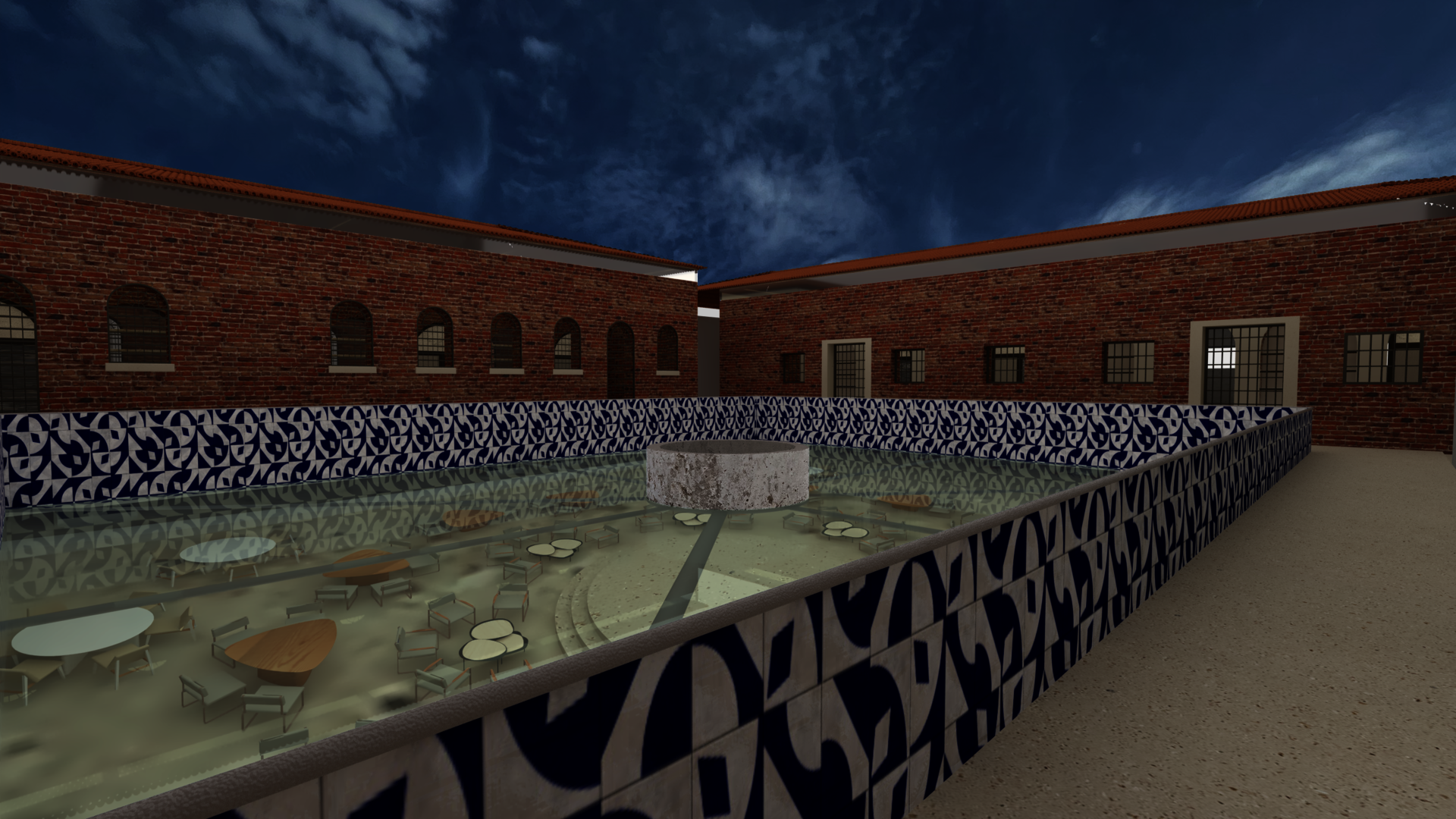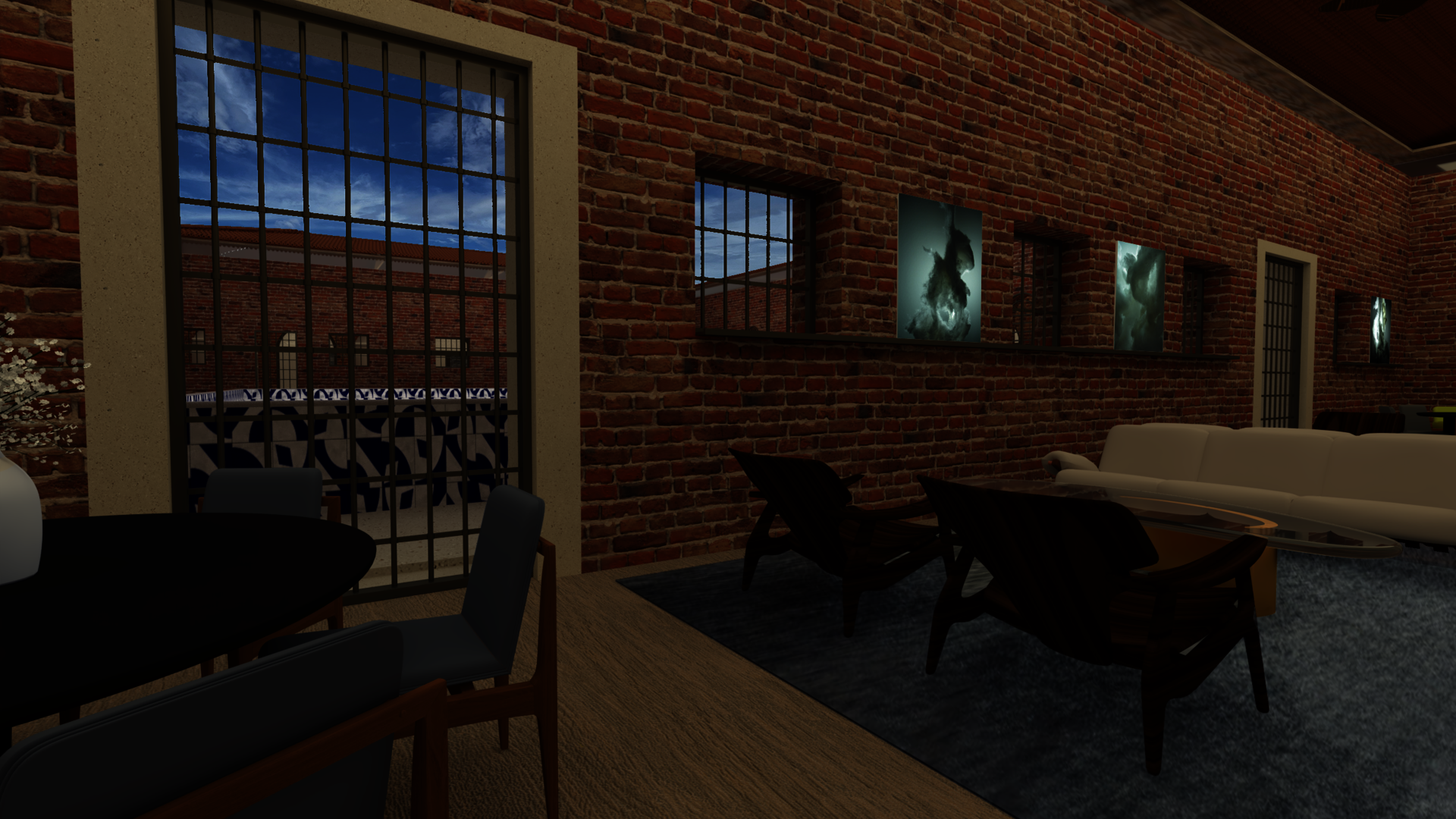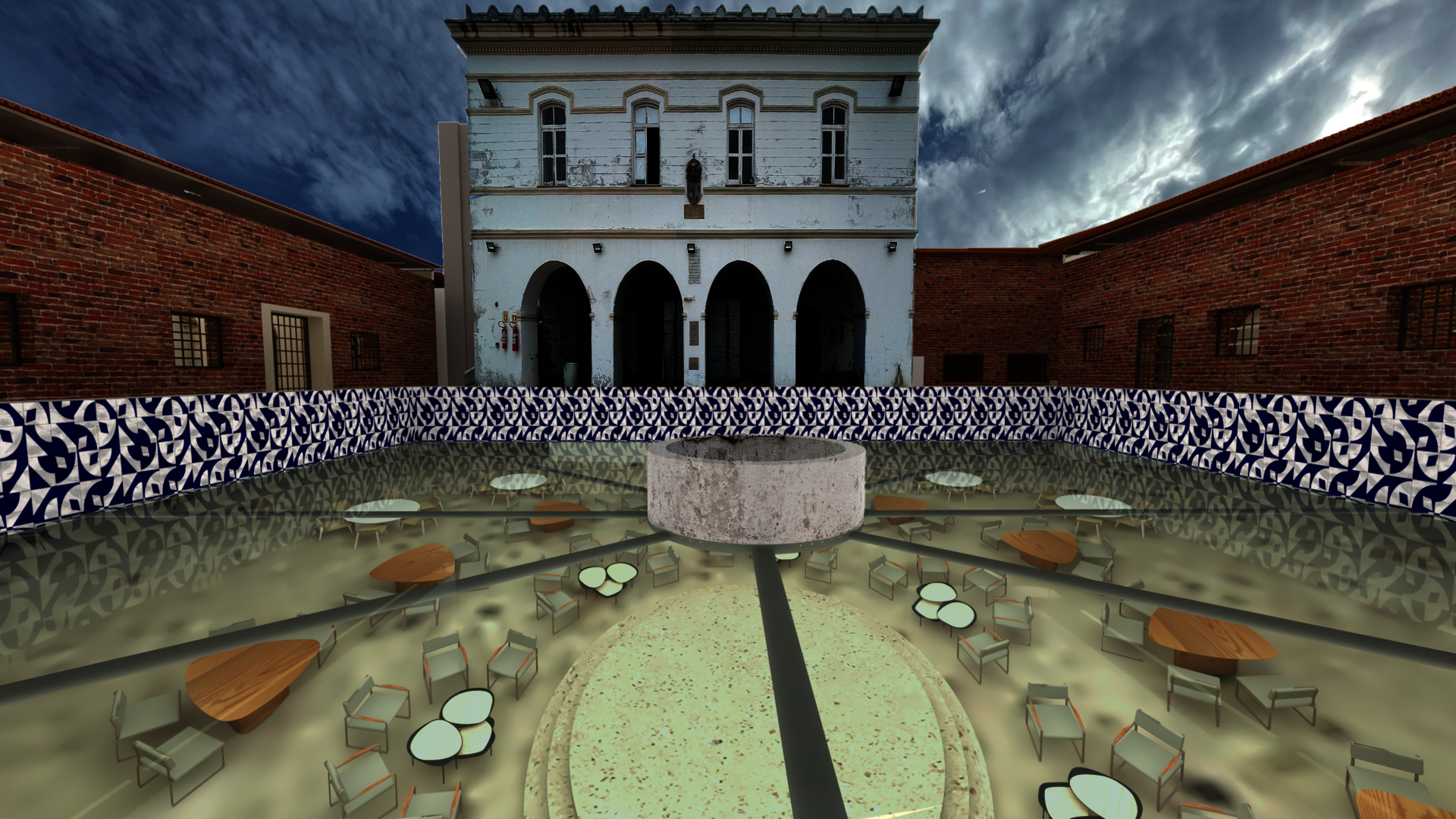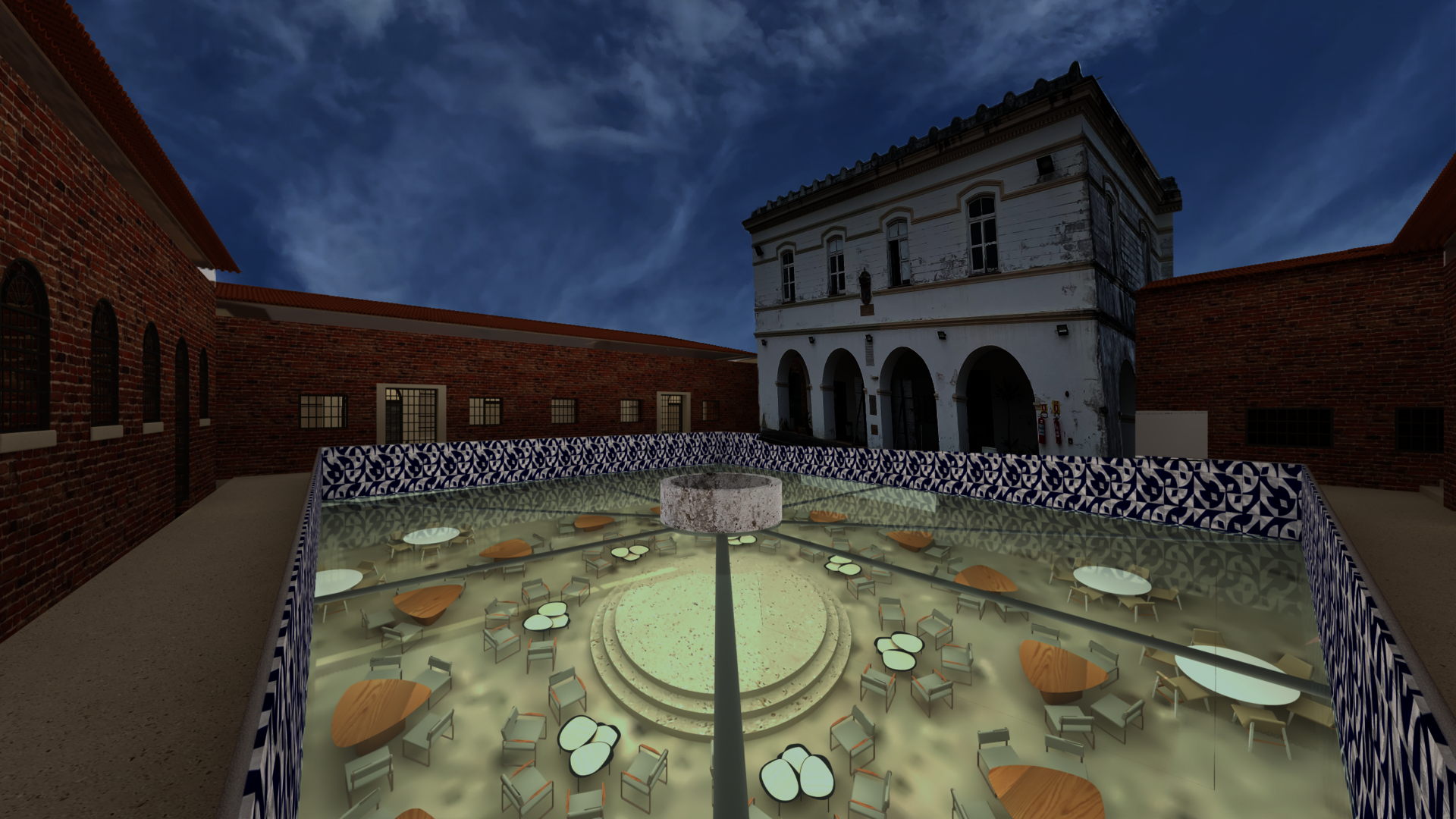Image

Alana Abreu Foltz Cavalcanti
Opening Closed Doors: Architecture of Oppression becomes a Catalyst for Change
The city of Salvador, Bahia, was founded in 1549 as fortresses were built to help establish Portuguese sovereignty over their colony. Remnants of this colonial and military past are still profoundly enmeshed within local history and the nation's foundation. Active for centuries, these imposing defense structures are now absorbed by the city scenery, neglected by the population, and wholly detached from the common understanding of Brazil today. While monuments to a colonial past exist, only these remnant details of their origins are approached as untouchable artifacts. This thesis centers on reconnecting this forgotten system of forts through education in hospitality as a catalyst for societal change. These structures were designed to keep people out, while hospitality is designed to bring people in. By reappropriating the narrative of oppression and reclaiming the architectural heritage, this hospitality school serves to educate and foster cultural expressions while also preparing the population to welcome visitors. Forte Santo Antônio Além do Carmo showcases one type of intervention that could be applied to the entire system by carving out spaces and inhabiting the foundation of the fortress while also opening up the robust structure of the city and changing the narrative of oppression ingrained into the defense structure.
Image

Intervention Courtyard
Vray and Rhino Rendering, Photoshop post production
2022
Image

Intervention Hotel Varanda
Vray and Rhino Rendering, Photoshop post production
Image

Intervention Courtyard
Vray and Rhino Rendering, Photoshop post production
2022
Image

Intervention Courtyard
Vray and Rhino Rendering, Photoshop post production
2022
- Architecture
- Ceramics
- Design Engineering
- Digital + Media
- Furniture Design
- Global Arts and Cultures
- Glass
- Graphic Design
- Industrial Design
- Interior Architecture
- Jewelry + Metalsmithing
- Landscape Architecture
- Nature-Culture-Sustainability Studies
- Painting
- Photography
- Printmaking
- Sculpture
- TLAD
- Textiles
